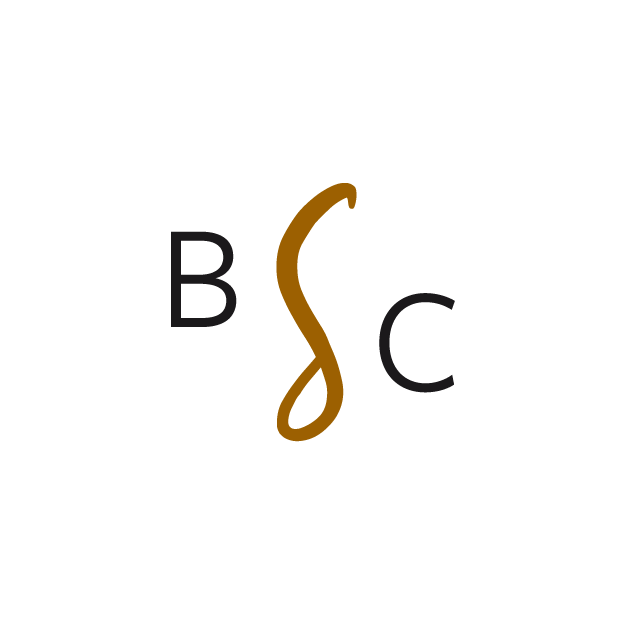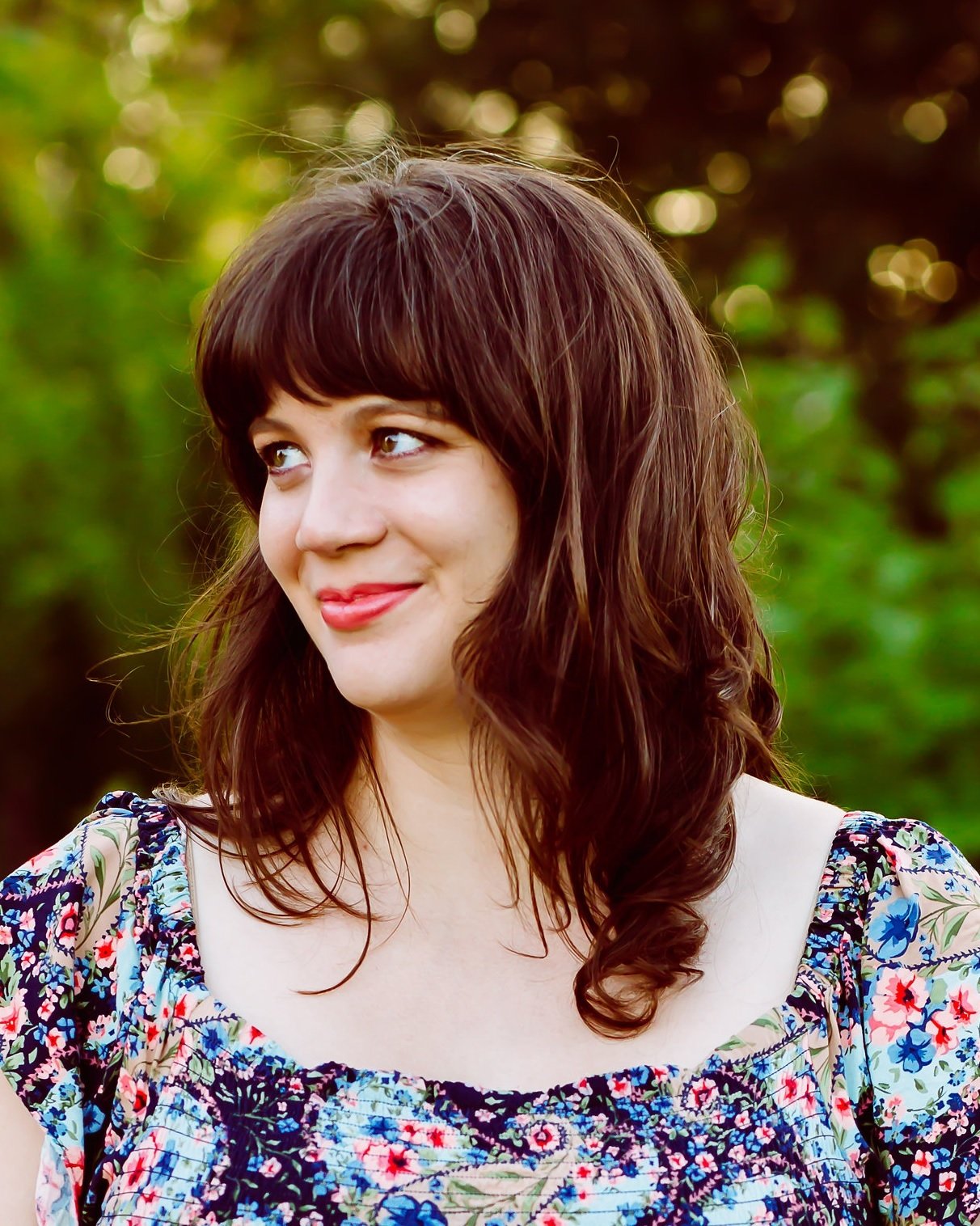Caring for the Writer Self: What’s Next After Publishing By Ruth Daniell
My debut poetry collection, The Brightest Thing, came out in winter 2019 when I was heavily pregnant with my second child. In mid-February when my author copies arrived in the mail my one-year-old helped me do the unboxing. In the photographs from the day you can see my daughter, rolls of fat on her little wrists as she reaches for the stacks of slim blue books. My daughter was impressed with the author photo at the back: that was Mommy! And yes, there I was at last: an author with a published book. Something to show for myself other than the mountain of cloth diapers I folded without fail every Monday.
I found that I had very little anxiety about the book existing in the world. Having the book out was a vital tether to my writing community. Not only did I have that debut-author feeling of a book legitimizing me as a writer, but I also had literary events to attend, a built-in social calendar of sorts. This was pre-pandemic, so I had the opportunity to travel with the book. I attended in-person events where, despite the fact I was visibly pregnant, I was also performing a visible role as writer. I flourished in this role. I know this isn’t the case for every writer, but my background is in performance and I relished the opportunities to share my book aloud with audiences. Of course there was a certain amount of vulnerability of putting something so dear to me out into the world, and a couple of moments during Q&A sessions gave me pause, but mostly I just truly and unapologetically loved it.
On the last day of April, a little more than two months after my book was published, my baby was born. I spent a few months doing nothing but breastfeeding and burping and changing diapers and being engrossingly in love with him and his sister. But my book, though not as new as my son, was still new in the world, and I still had events being planned and anticipated. Even as I spent the summer months rubbing the newborn fuzz of my son’s small head and listening to my daughter sing “Roly Poly,” I was looking ahead to fall book events. We held a local book launch—originally planned for the spring but was put off because of the baby coming—on my October birthday. In November my daughter turned two and then I took her brother to Ontario to perform at a festival and see Toronto for the first time. During that trip, each time I got up onstage I had my new baby strapped to my chest in his carrier. I was a mom, yes, but I was here, wasn’t I? I was performing my poems to my audience. I was a writer, too.
It's difficult to separate some of the isolation from after a book’s first launch, to the isolation that comes caring for a new baby, to the isolation of the pandemic, since for me they were concurrent experiences, but it was after this time that I started to feel more vulnerable and frustrated as a writer. I teach speech arts performance part-time and that, of course, moved online. All opportunities to attend events as either writer or audience member ceased. My work as an editor felt somehow more anonymous too. It became all the more difficult to feel like a writer. My life was filled with wiping cottage cheese off the floor, with folding diapers, with making smoothies and cutting sandwiches into triangles. And while I was extremely grateful to be safe, to be able to be at home with my babies, I was also increasingly aware of how little of my day-to-day life was the life of a writer. My infant son was a poor sleeper and I had no energy to spare for writing once he was finally (and always temporarily) asleep at night. During the summer months when he was an even younger baby I wasn’t writing, but I still had book launch events to look forward to in the fall. I had writing-related things on my calendar. Now the book was out, and the events were done, and I didn’t have anything else lined up (except, of course, each Monday’s diaper delivery). Now suddenly it mattered to me in a way it didn’t before that I wasn’t writing. I couldn’t help wondering: what next?
Perhaps this kind of after-book anxiety is similar for everyone, or perhaps it is not as troubling for those writers whose day jobs are jobs in which they are visibly writers, public-facing writing community jobs in which they are interacting in the role of writer, regardless of how much time they’re spending in front of a page each week. Perhaps—I think this is true—this feeling would be lessened if you already had a finished manuscript to be shopping around to publishers, or something already set to be published—but for those of us, like me, who had finished one book and not yet another, it can be hard. The problem wasn’t that I worried I would never write again. It wasn’t that I felt blocked. Before The Brightest Thing was published, I was already half-way through the first draft of my next book. The problem was that I needed to nourish my writer self but the writing itself was stalled for the ordinary reason of parenting (and the less ordinary reason of pandemic parenting).
It can be difficult to figure out how to provide self-care when the most obvious form of self-care is not accessible to you. The most obvious way to nourish that writer self is to write. If that isn’t possible—as it wasn’t for me, since this time also coincided with the birth of my second baby—then I think it’s important to recognize the other activities that make you feel connected to your writer identity and to your community. Being a writer isn’t just having a new book published or the time spent sitting at your desk: it is also the time spent composing poems and essays in your head while you go for your morning jog; it is the conversations with fellow writers who are also awake and texting at midnight with fussy toddlers; it is reading books that excite you; it is saying yes to opportunities to speak to classrooms or workshops and letting yourself revel in your expertise when you can. It is maybe the way you tell stories at bedtime, complete with character voices. It is reminding yourself that the writer part of you belongs to you always; it is not just something that belongs to the past, only attached to that published book, but something you take with you into the future. It is an ongoing, present-tense need.
Ruth Daniell is an award-winning writer and editor who lives with her family in Kelowna, BC. Her first full-length collection of poems, The Brightest Thing (Caitlin Press, 2019), explores fairy tales, sexual violence, love, and healing.
Her poems have appeared in Arc Poetry Magazine, Grain, Room magazine, Qwerty, The Antigonish Review and Event. The recipient of the 2013 Young Buck Poetry Prize with CV2, the winner of the 2016 Nick Blatchford Occasional Verse Contest with The New Quarterly, and a recent recipient of a grant from the Canada Council for the Arts, Daniell is also the editor of Boobs: Women Explore What It Means to Have Breasts (Caitlin Press, 2016). She holds a bachelor of arts degree (honours) in English literature and writing from the University of Victoria and a master of fine arts in creative writing from the University of British Columbia. She is currently working on a new collection of poems about birds.
Author photo by Michelle Appleton.
Two ways to work with Breathing Space Creative:

